Human history is long and complicated enough that things which end up affecting us every single day are sometimes wholly unknown to the vast majority of people. After all, so much of the world is made up of the results of choices and sometimes random chance, so it can be interesting to actually piece together some key episodes.
This post may includeaffiliate links.
When Anning was 12 years old, her older brother Joseph found a peculiar fossilized skull. After that, Anning searched long and hard and eventually found the entire outline of an Ichthyosaur. The theory of extinction was still fairly recent, so many people were skeptical of Anning’s discovery, thinking it was just a large crocodile.But in 1823, Anning was the first person to discover a Plesiosaurus skeleton, which means “near to reptile.” Because people were unfamiliar with discoveries like this, they quickly spread rumors saying the fossils were fake. And even those who did believe in her did not give her the recognition she deserved. Some scientists would buy fossils from her, but not credit her for her work. The Geological Society of London wouldn’t even admit her until 1904 because women could not be admitted before then. She discovered many new creatures during her time on Earth.
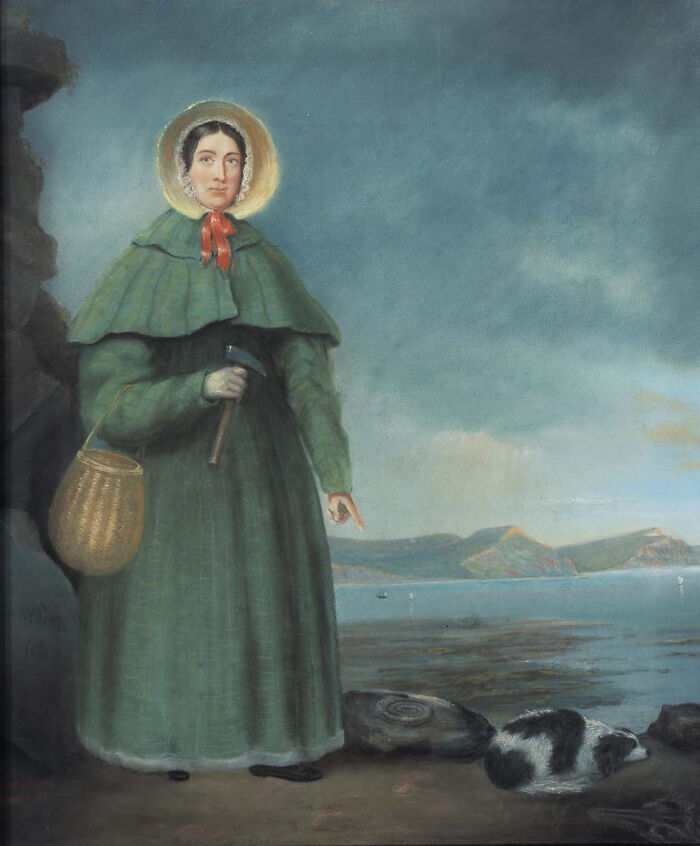
RELATED:
Cecilia Payne-Gaposchkin broke gender barriers in 1925 when she discovered what stars are really made of. While pursuing her Ph.D., she published a thesis titled Stella Atmospheres. Her thesis concluded that stars are made of hydrogen and helium. She also discovered that stars can be classified using their temperatures.Despite her brilliant discovery, other astronomers were skeptical. Astronomer Henry Norris Russell was convinced that stars were built similarly to Earth, and he tried to correct Payne’s discovery. But Payne stood her ground, and eventually Russell admitted that she was correct in 1929. Payne’s thesis earned her the first Ph.D. in astronomy at Radcliffe College. This was an incredible achievement since universities like Harvard would not give doctorate degrees to women at the time.Payne went on to further prove that women can be brilliant astronomers, too. She published a second book in 1930 titled Stars of High Luminosity and she eventually became a full professor at Harvard and chairman of their astronomy department.
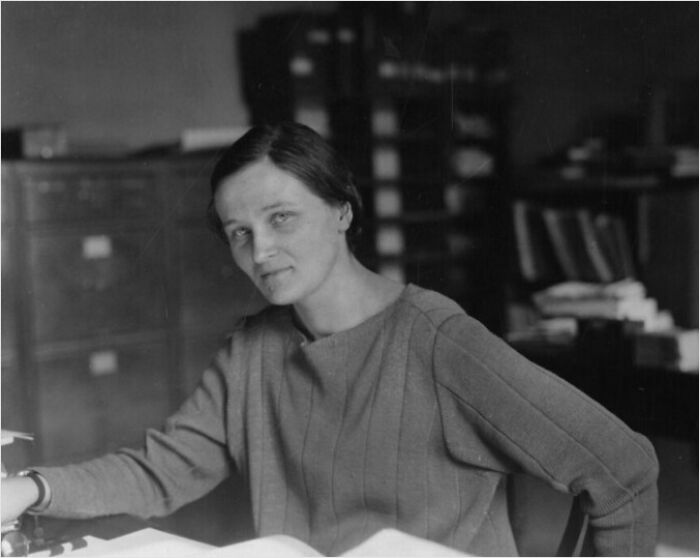
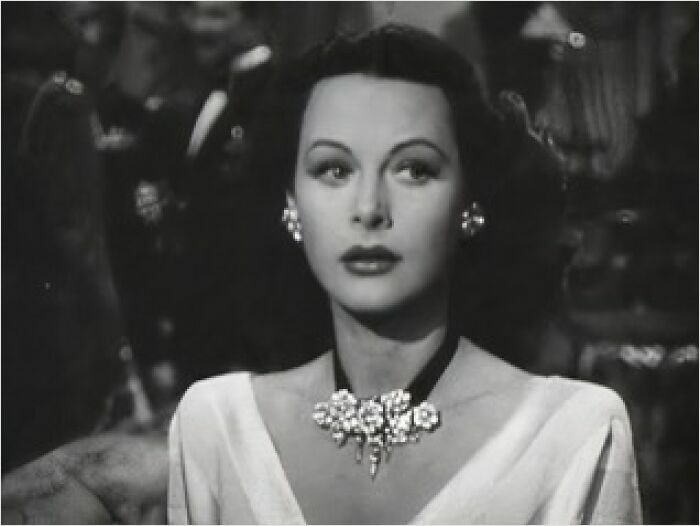

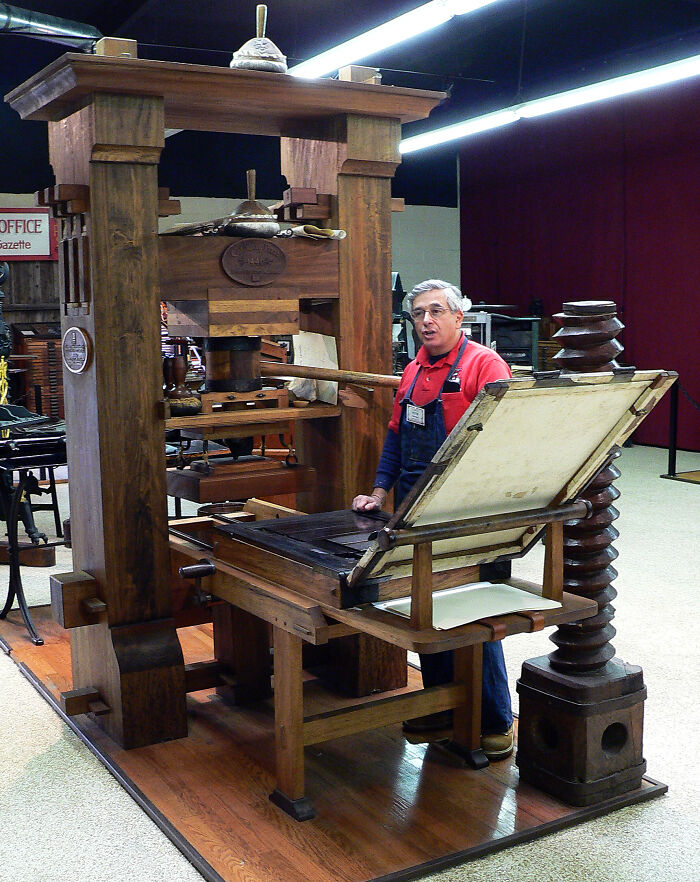
In 1989, a miscommunication during a press conference led East Germans to believe the Berlin Wall border was open. Crowds stormed the wall, forcing guards to let them through, ending decades of division.

Before Morgan’s invention, traffic lights only had “stop” and “go” without any indication to slow down. It’s likely that this caused many unnecessary accidents and difficult traffic flow. So, Morgan invented a third signal on the traffic light, which we now know as the yellow light that tells us to slow down.He patented a T-shaped pole that had three traffic settings. If there wasn’t much traffic, the middle light could be set to half-mast, which is similar to the blinking yellow lights of today, which can warn drivers to proceed with caution. While traffic lights are something most humans use on a daily basis, we often don’t think much about them.


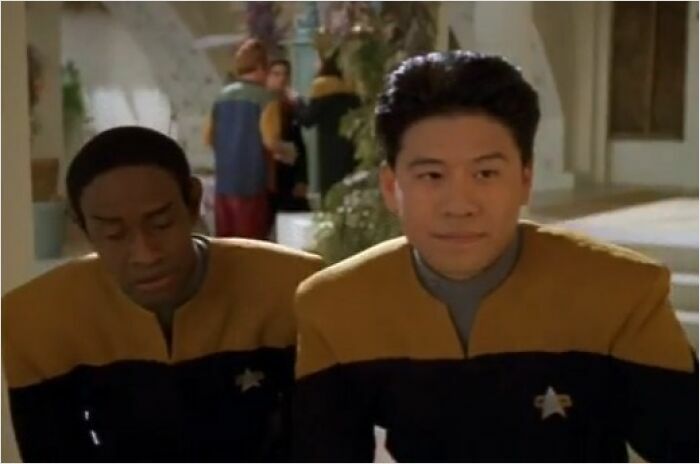
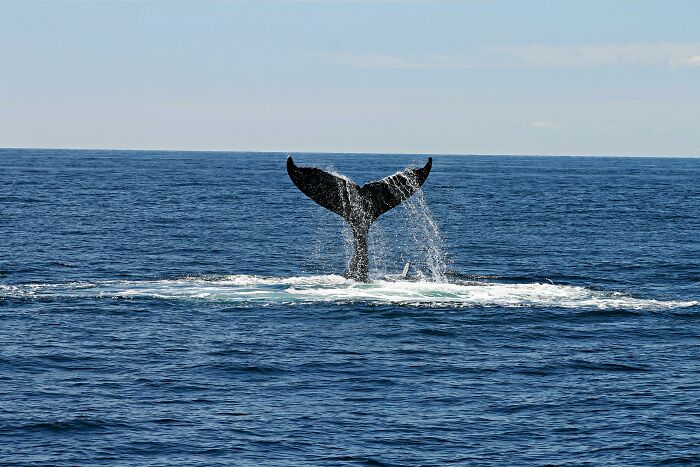

Napoleon’s campaign in Egypt failed militarily, but his fascination led to the discovery of the Rosetta Stone. This find unlocked the secrets of ancient Egyptian hieroglyphs, revolutionizing archaeology and our understanding of history.
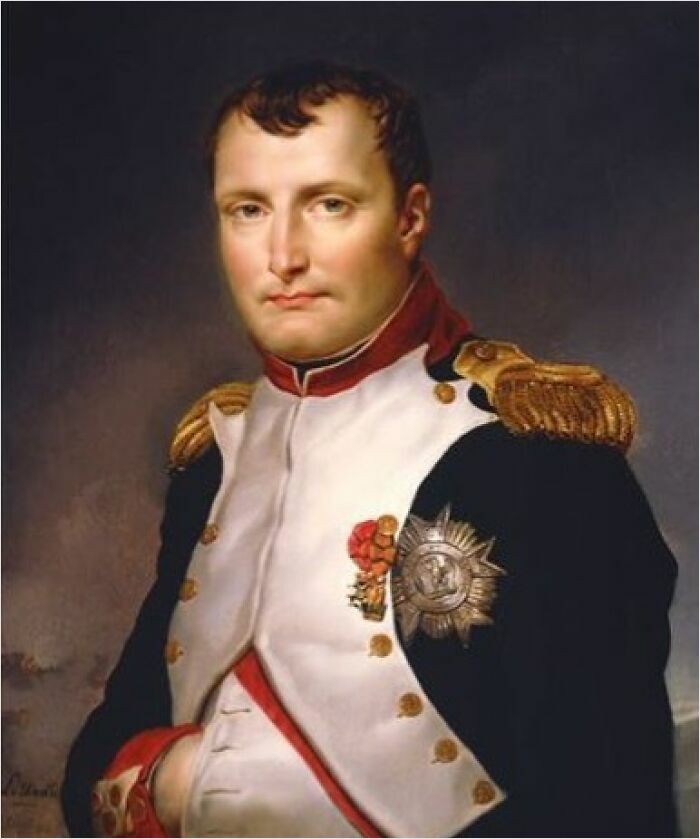

Though the Spanish Flu claimed millions of lives globally, its long-term societal and political impacts are often understated.The pandemic weakened economies, disrupted trade, and left a generation grappling with loss in the aftermath of World War I. It also highlighted the vulnerabilities in global health systems, influencing later public health policies.Additionally, the spread of the virus exposed the dangers of wartime propaganda, as governments often downplayed the severity of the outbreak.The pandemic also set the stage for advancements in medical research. Its lessons on global health cooperation resonate to this day, especially in light of modern pandemics.


She directed her first film in 1896, titled La fée aux choux (“The Cabbage Fairy”). Soon after, she became Gaumont film company’s head of production, meaning she directed nearly all their films for the next few years. In total, she directed over 1,000 films. Many of them were shorter stories, which was the norm back then.Guy’s early films only ran for a minute or two, but as the film industry progressed, she worked on more notable projects. Her works included La vie du Christ in 1906. Despite her huge success, she was disappointed for not always getting the credit she deserved. “It is a failure; is it a success? I don’t know," wrote Guy.
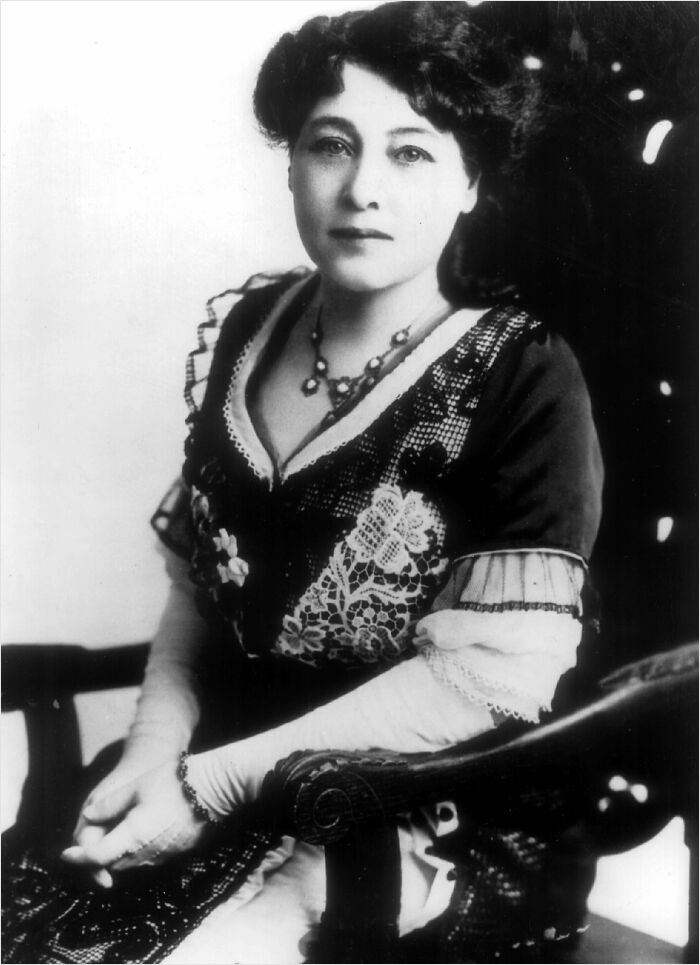
The Library of Alexandria wasn’t destroyed in one fiery event as often portrayed. Instead, it faced a gradual decline due to neglect and political instability. This loss of knowledge stunted intellectual progress for centuries, setting back science, philosophy, and cultural exchange.

John Landis Mason’s invention might not have saved lives, but it helped save a lot of food. As you may have guessed from his name, he created Mason jars. Before his invention, the popular way to can food was to use wax to make an airtight seal. Needless to say, it was far too messy and tedious. Canning was a vital part of home life in rural areas or when trips to a grocery store were few and far between. Canning and preserving food may extend its shelf life for several years.In 1858, Mason created jars that were made of transparent glass with a screw-on top. Inside the flat metal lids, he placed a rubber ring, which was crucial to making the container airtight. Sadly, he forgot to patent that part of his invention until Mason jars had already become widely popular. He slowly lost control over his invention and perished without being rich from success. It’s amazing how such a simple product for us today could’ve been so revolutionary in its day.“Mason jars are still popular because they’re both useful and beautiful,” said Marisa McClellan, a food canning expert. “Whether you use them for canning, dry good storage, drinking glasses, or just to hold pens on your desk, they are functional and pleasing.”

In 1927, Georges Lemaître, a Belgian priest-scientist, theorized the universe’s expansion after pondering Einstein’s equations during a train ride. His musings became the foundation for the Big Bang Theory, altering our understanding of the cosmos.
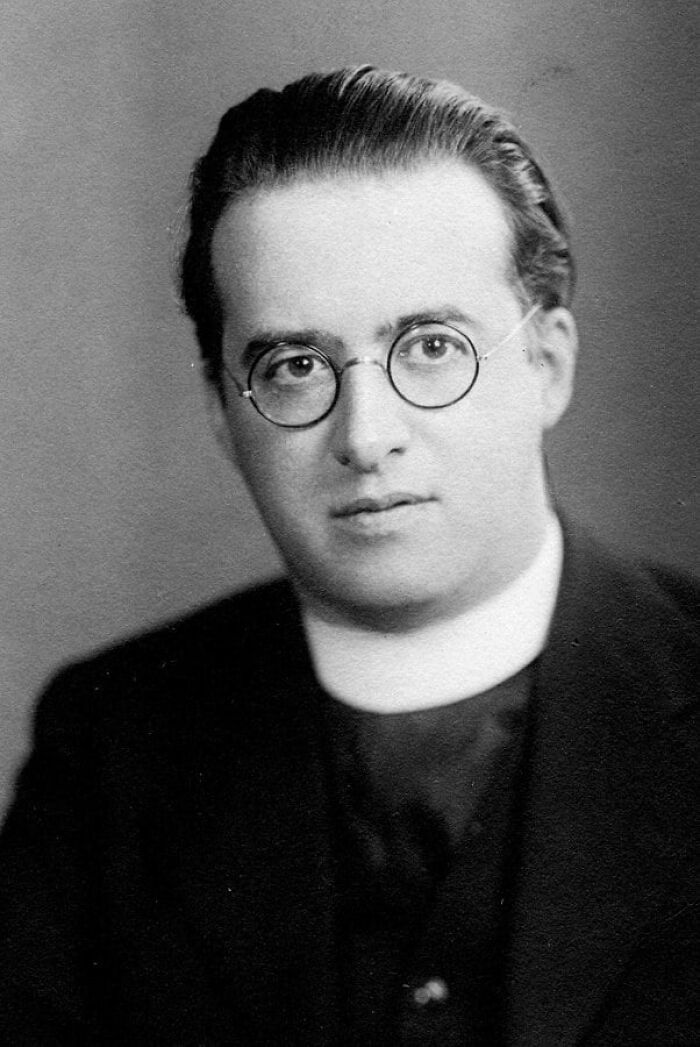
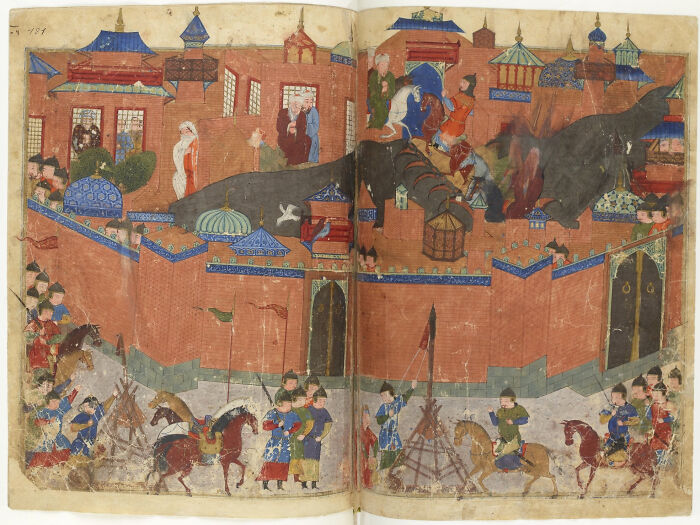
When the Soviets launched Sputnik 1, a loose screw shortened its operational life. Despite its brief transmission, the satellite’s launch ignited the space race, propelling humanity toward the moon and beyond.
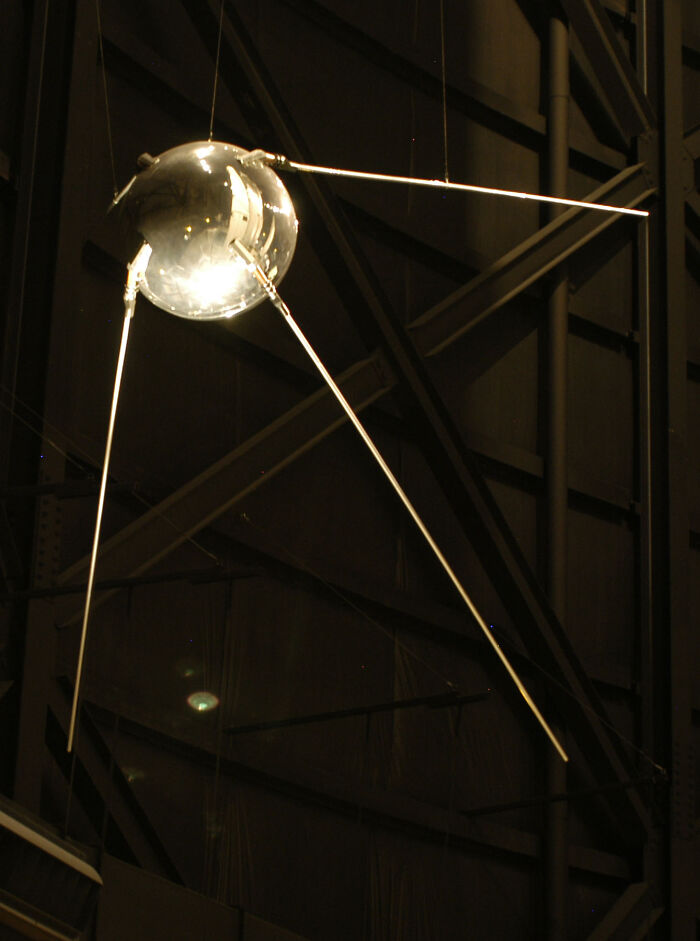
The partition of India in 1947 led to one of the largest mass migrations in history, yet its broader implications are often overlooked.Britain’s hasty withdrawal left behind deep religious divisions, splitting India into two nations: Hindu-majority India and Muslim-majority Pakistan. This division ignited widespread violence, displacing millions and leaving deep scars on both nations.The effects of partition continue to influence Indo-Pak relations, particularly over the Kashmir conflict. Additionally, it set a precedent for post-colonial struggles in other regions. The ripple effects of partition are still evident in South Asia’s geopolitical tensions today.

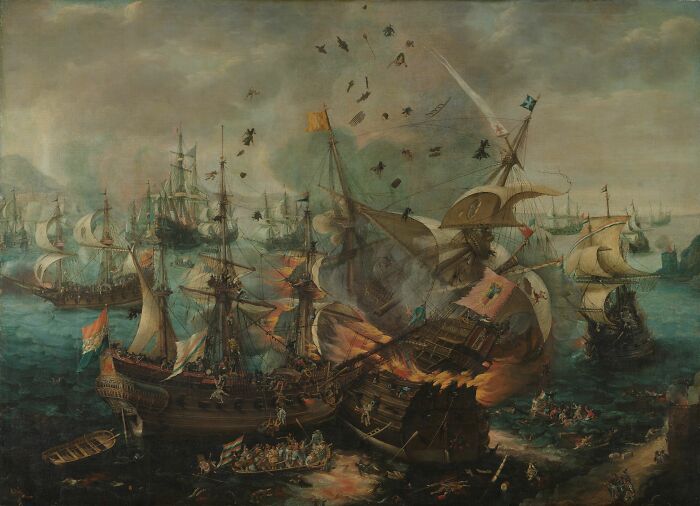
See Also on Bored Panda
During negotiations after World War I, a clerk’s error placed the Saar Basin under League of Nations control for 15 years instead of the intended 5. This minor mistake escalated tensions in Germany, fueling discontent that was later exploited.

Before the infamous successful shot that sparked World War I, one assassin’s bomb missed Archduke Franz Ferdinand’s car entirely. That failed attempt rerouted his vehicle, placing him in the path of another assassin.A single mishap set a global war in motion.
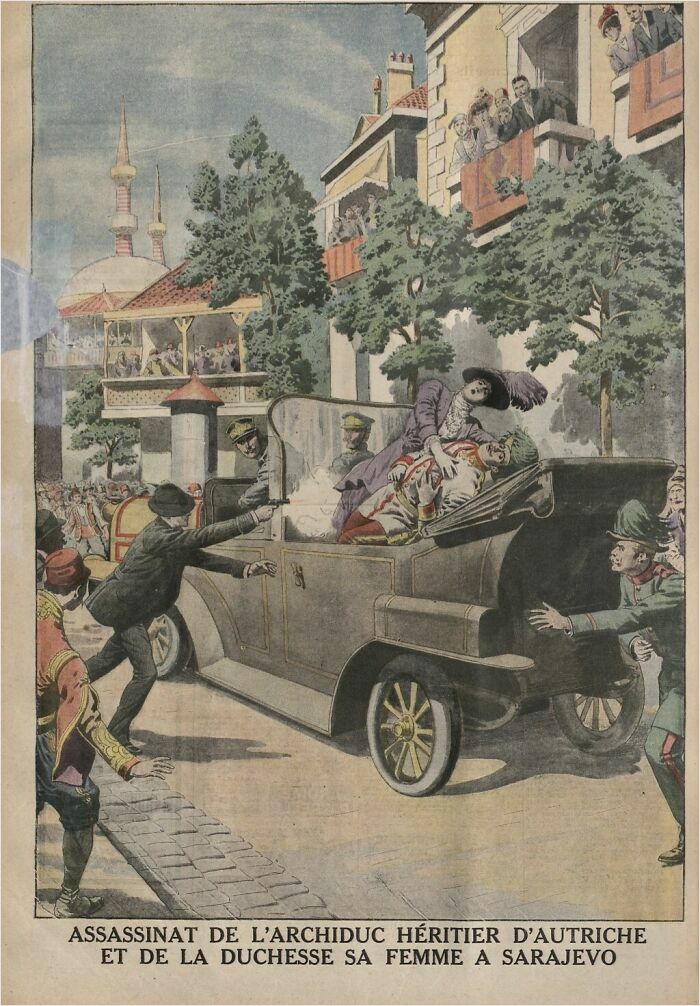
In 1588, the Spanish Armada’s defeat was due largely to poor planning and bad weather. The outcome preserved England’s independence and helped establish it as a future global power.

In 1000 CE, a meteorite struck Greenland, leaving locals awestruck. Norse missionaries interpreted it as a divine sign, facilitating the Christianization of Greenland and altering the region’s cultural trajectory.
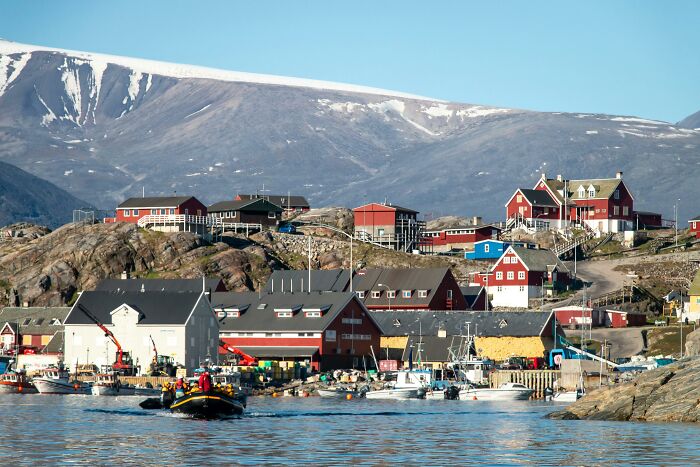
During the Ottoman Empire’s decline, the Tanzimat Reforms sought to modernize and centralize the empire. This ambitious set of laws included religious equality, improved education, and modernized military structures.Despite initial optimism, many reforms were met with resistance, particularly from conservative factions. The long-term effects rippled through the Middle East, laying the groundwork for future nationalist movements. Additionally, the weakening of the Ottoman Empire increased European intervention in the region. These reforms, while partially successful, contributed to the eventual collapse of the empire after World War I.
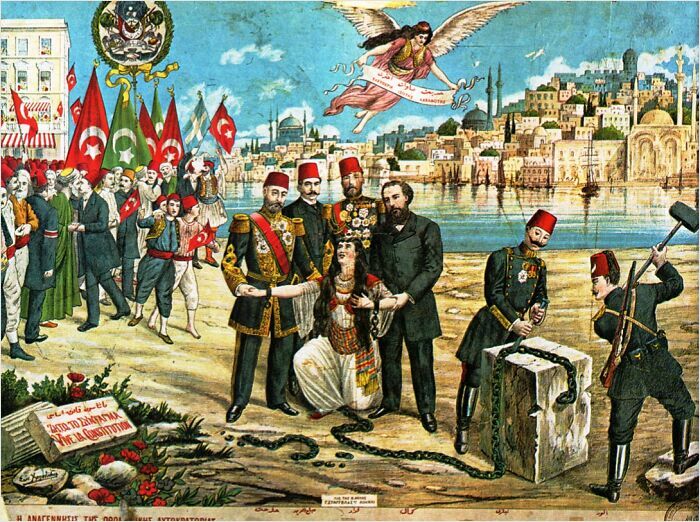
European powers lost their access to the Near & Far East trade routes, and importantly, their spices. So many powers, starting with the Portuguese decided to find another access route, spurring the start of European exploration in earnest and ultimately the Age of Exploration and later Colonialism.
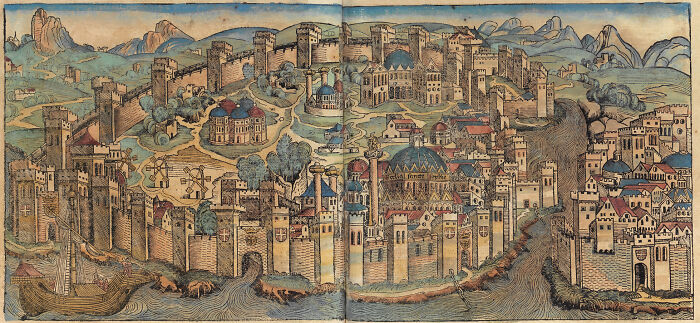
In a bizarre chapter of Australian history, farmers in Western Australia found themselves secured an useless resist an unexpected for: emus. Confronted with an increase of emus damaging their crops, the Australian military was deployed to fight the birds in what came to be called the Great Emu Battle. Despite their best efforts, the soldiers showed no suit for the nimble birds, causing a farcical defeat. While the event may seem funny in retrospection, it highlights the intricacies of human-wildlife disputes and the unexpected consequences of environmental disturbance.

Continue reading with Bored Panda PremiumUnlimited contentAd-free browsingDark modeSubscribe nowAlready a subscriber?Sign In
Continue reading with Bored Panda Premium
Unlimited contentAd-free browsingDark mode
Unlimited content
Ad-free browsing
Dark mode
Subscribe nowAlready a subscriber?Sign In

In the 1950s, Walt Disney faced a lawsuit over unpaid wages. Settling the case left him with little cash but inspired him to diversify into theme parks. The result? Disneyland, a cultural icon.

During the War of 1812, British forces burned Washington, D.C. A quick-thinking priest, John Notman, smuggled the Declaration of Independence to safety in a flour sack. Without his actions, America’s founding document might have been lost forever.

Now nearly every object brought and sold on the planet is delivered in containers that are interchangeable and movable because of this system.This is also why I think April 26th, 1956 was the most significant day of the 20th century, and possibly the 21st century as well.


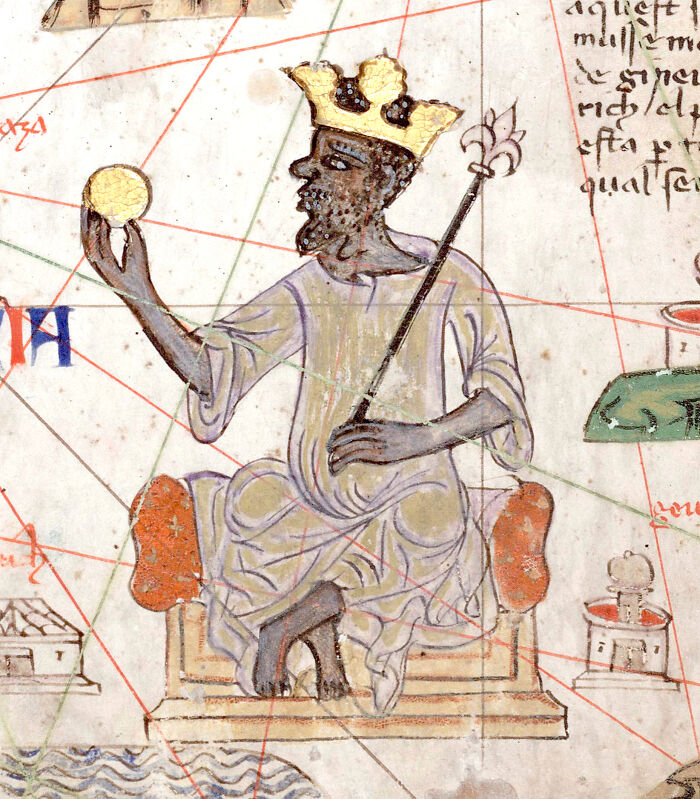
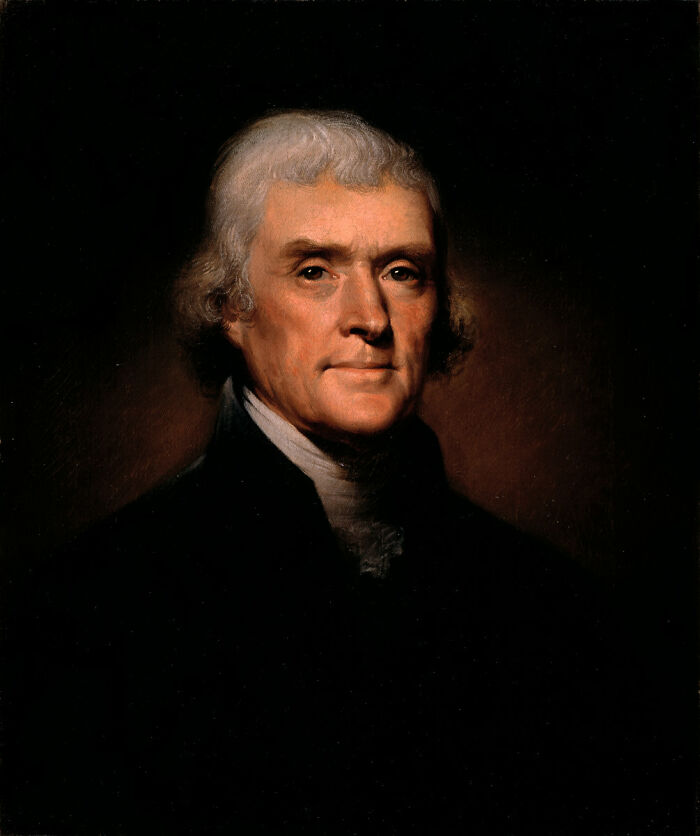

This ended up spawning an entire class of peasants that were literate and this eventually snowballed into England becoming the world’s superpower until the 20th century where the US took over.

In 1971, a Xerox employee leaked information about its graphical user interface. This technology inspired Steve Jobs and Apple, revolutionizing personal computing and shaping today’s tech-driven world.

During the Cuban Missile Crisis, this incident was interpreted as an act of aggression, but it was quickly resolved thanks to personal diplomacy between Kennedy and Khrushchev. A small error in this case could have led to catastrophic consequences for the entire world.

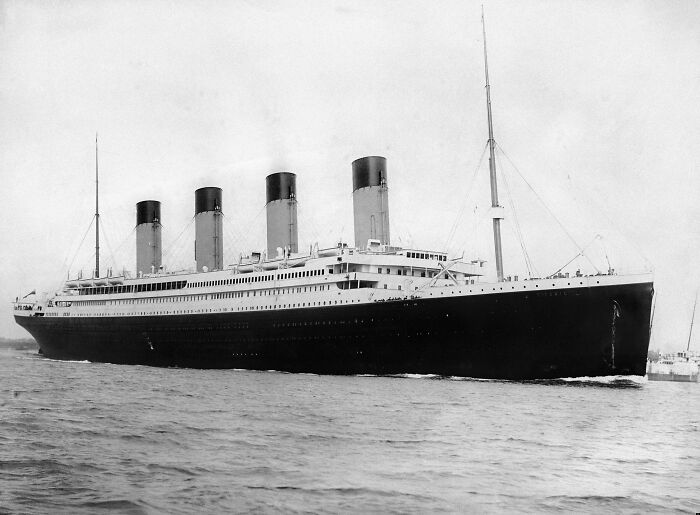
On December 7, 1941, a radar operator in Hawaii spotted incoming planes but dismissed them as American bombers. The ignored report allowed Japan to carry out its devastating attack, dragging the U.S. into World War II.
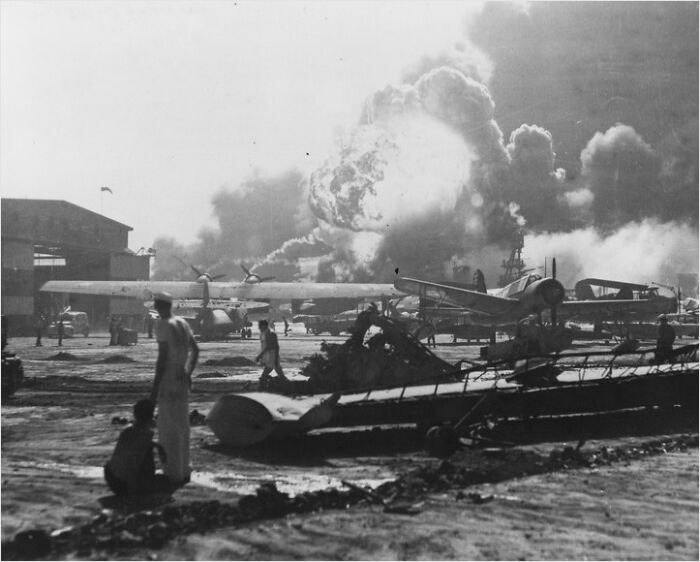
Modal closeAdd New ImageModal closeAdd Your Photo To This ListPlease use high-res photos without watermarksOoops! Your image is too large, maximum file size is 8 MB.Not your original work?Add sourcePublish
Modal close
Add New ImageModal closeAdd Your Photo To This ListPlease use high-res photos without watermarksOoops! Your image is too large, maximum file size is 8 MB.Not your original work?Add sourcePublish
Modal closeAdd Your Photo To This ListPlease use high-res photos without watermarksOoops! Your image is too large, maximum file size is 8 MB.Not your original work?Add sourcePublish
Add Your Photo To This ListPlease use high-res photos without watermarksOoops! Your image is too large, maximum file size is 8 MB.
Add Your Photo To This List
Please use high-res photos without watermarks
Ooops! Your image is too large, maximum file size is 8 MB.
Not your original work?Add source
Modal closeModal closeOoops! Your image is too large, maximum file size is 8 MB.UploadUploadError occurred when generating embed. Please check link and try again.TwitterRender conversationUse html versionGenerate not embedded versionAdd watermarkInstagramShow Image OnlyHide CaptionCropAdd watermarkFacebookShow Image OnlyAdd watermarkChangeSourceTitleUpdateAdd Image
Modal closeOoops! Your image is too large, maximum file size is 8 MB.UploadUploadError occurred when generating embed. Please check link and try again.TwitterRender conversationUse html versionGenerate not embedded versionAdd watermarkInstagramShow Image OnlyHide CaptionCropAdd watermarkFacebookShow Image OnlyAdd watermarkChangeSourceTitleUpdateAdd Image
Upload
UploadError occurred when generating embed. Please check link and try again.TwitterRender conversationUse html versionGenerate not embedded versionAdd watermarkInstagramShow Image OnlyHide CaptionCropAdd watermarkFacebookShow Image OnlyAdd watermark
Error occurred when generating embed. Please check link and try again.
TwitterRender conversationUse html versionGenerate not embedded versionAdd watermark
InstagramShow Image OnlyHide CaptionCropAdd watermark
FacebookShow Image OnlyAdd watermark
ChangeSourceTitle
You May Like30 Intriguing True Stories From The Past Few Know AboutViktorija OšikaitėWhat They Saw, What They Knew: 50 Breathtaking Historical Images From Eyes Long ClosedDominyka203 History Trivia Questions To Remind You Of High SchoolEligijus Sinkunas
Viktorija Ošikaitė
Dominyka
Eligijus Sinkunas
History